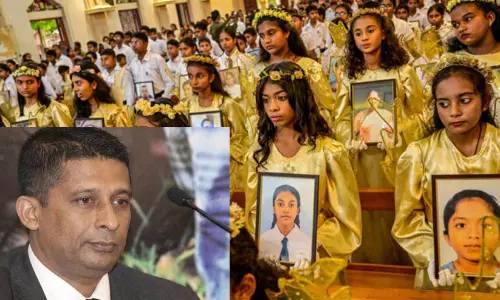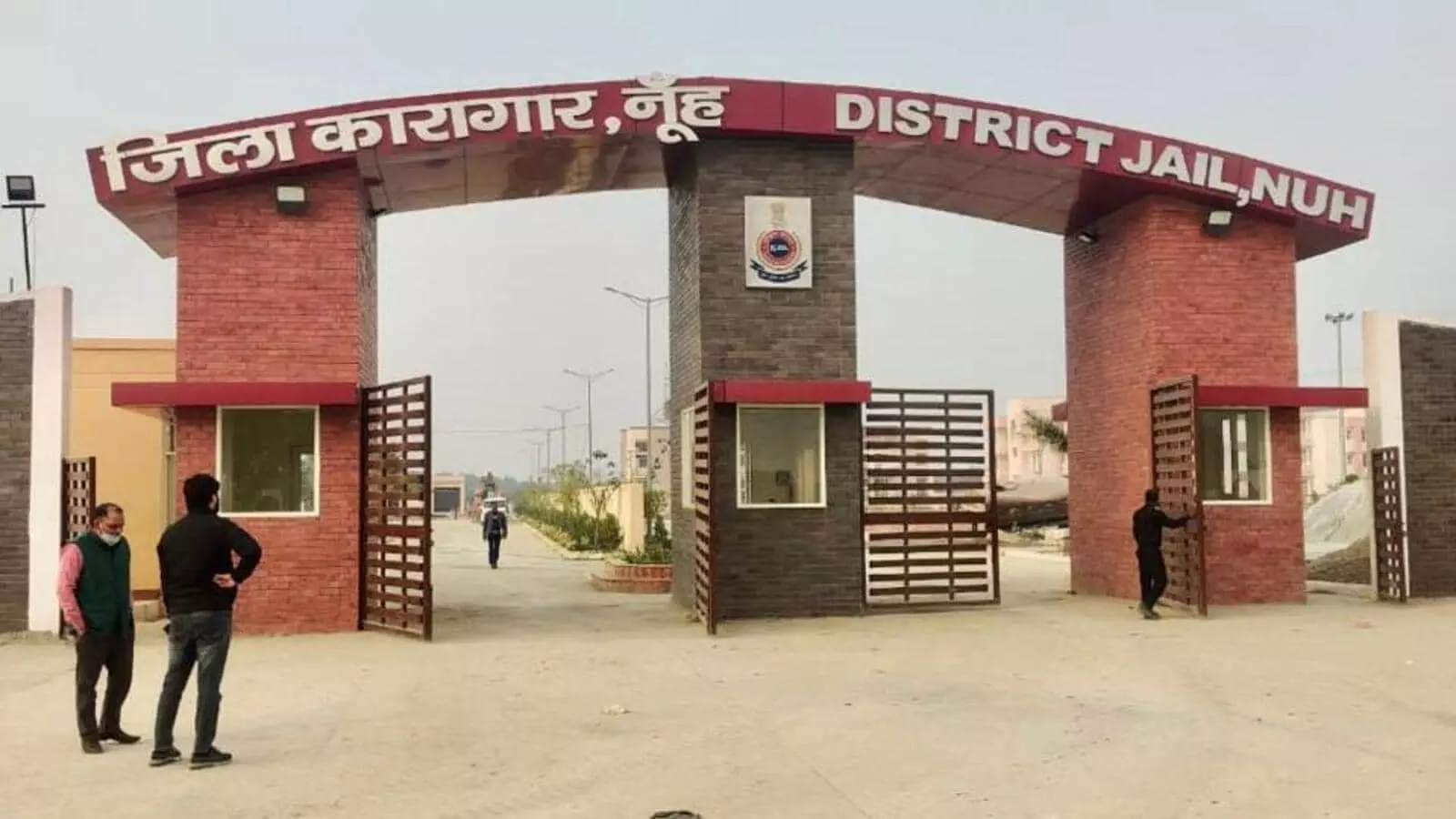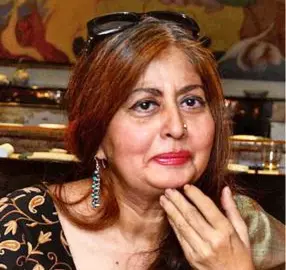
Happy when a new jail is opened near home!
text_fieldsEarlier this week, a news report in a leading daily, made me sit up as the heading of the report seemed rather baffling: "Nuh villagers celebrate new jail, read on to know why". Then not so baffling, as the basic reason was detailed just after the heading: "Celebrations broke out in many villagers of Nuh as a long-pending demand of residents was fulfilled on Monday. Nearly 30,000 residents of Haryana's Jamtara Jamalgarh and Nai in Punhana distributed sweets after the inauguration of a new facility in district. It was neither a school nor a hospital, but a jail… 'It's a boon; almost one boy from every second home is lodged in Faridabad prison or Bhondsi jail in Gurugram. We have to spend money to travel. The new jail will be nearer and we can now easily meet our children,' said Abida Noor of Jamalgarh…Police officials claim that the new facility will reduce the pressure on Gurugram's Bhondsi jail and the Faridabad jail. Incidentally, around 40 per cent of the inmates in two jails hail from Nuh. At present, the Bhondsi jail has a capacity of 3,000 inmates and around 600 of them are from Nuh, and families travel over 60 km to meet their kin."
I would consider the Nuh region in Haryana's Mewat belt as one of the most backward Muslim populated regions in the country. This, when it is situated close to the capital city, New Delhi. Also, stands out the vital fact that Meos of the Mewat region, fought for the country's Independence. With that, the Meo freedom fighters were hated by the British rulers. Hated to such an extent that the entire Mewat region was kept backward on all possible fronts and spheres.
Ironically, even today, the Mewat region continues to be one of the most backward Muslim-populated regions in the country. It has been kept sans development by successive political rulers. This, when Meos did not want to shift to Pakistan, at the time of the Partition. They had opted to stay back in their home country, Hindoostan.
I have travelled to the Mewat region several times, right from 1990 till date, and each time have returned feeling pained and upset. It seems an eighteenth century survival for the majority of the Muslims residing in that belt. Grim reports on the health and socio-economic conditions and the dismal education facilities.
Today we are made to sit so very distracted with the beef-biryani rumours in circulation to the hapless Meos that the dark and grim realities of the long neglected area and the connected factors seem pushed into oblivion, though they should have been a cause of grave concern, at least to the administrators and the planners.
A related factor: why are the number of the jailed muslims higher than their population percentage?
After I had viewed the late Shubhradeep Chakravorty's documentary 'After The Storm' it got more than writ large that innocents can get framed, and with that their lives ruined! The seven young men — Mukhtar Ahmed, Md Fassiuddin Ahmed, Umar Farooque, Moutasim Billah, Harith Ansari, Md Musarrat Hussain 'Bobby' and Shaikh Abdul Kaleem — focused on in the documentary, were imprisoned on false charges till they were acquitted by the courts.
In fact, Chakravorty had told me that these seven men were amongst the hundreds arrested, falsely implicated with bogus charges. He detailed that young Muslim men can be detained if not arrested by the police on the flimsiest of charges - at times even without a charge! On mere suspicion or to create an atmosphere of fear. And even if acquitted, they sit ruined and devastated for times to come. With nobody even bothering to ask the basic question - What happens to the lives and livelihood of innocent men, caged for so many years?
As activists point out, when the police arrests a Muslim, biases and slants erupt at the very first stage. Details of his or her so called 'terror links' or 'anti–national' stand get splashed! And because of the poisonous propaganda and twisted perceptions and notions, the situation stands compounded.
Dr Javed Jamil, details, "In India, Muslims, criminals or innocents, are more likely to be arrested, more likely to be detained as under-trials, more likely to be convicted, more likely to be sentenced to death or life imprisonment and more likely to be actually executed…Though Muslims comprise only 14.2 percent of the population of the country according to a recent census data, they constitute 26.4 percent of the total prison population. Of course, they are also more likely to face torture of all kinds in the police custody. They also have lesser chances of a fair trial because they are in no position to hire good advocates to defend them. And, of course, when high-profile terror cases are involved, Muslims are more likely to be hanged…Yakub Memon has already been hanged and the other Muslims involved in Mumbai attacks and other such cases are likely to be "brought to justice" by Indian legal system sooner than later. But the persons responsible for the riots after Babri Masjid demolition, Mumbai riots and Gujarat riots are nowhere in queue for being brought to justice."
In fact, in his latest book, 'Justice Imprisoned' (Yenepoya Publishers, Mangaluru), Dr Javed Jamil focuses on custodial deaths and also on the official executions of the prisoners in the different countries of the world. To quote him, "The net result of the campaign by the economic fundamentalists against capital punishment and the system of justice developed in accordance with their wishes is that now more people are 'punished' by the police than by the courts. The capital or corporal punishment has officially ended as per the constitution. But punishment is now given by the police, based on their own assumptions and biases, and not by the courts, based on the evidences. There are more deaths in police custody and encounters than through death sentences executed at the orders of the courts…It can easily be estimated that the annual global number of deaths in police custody is in tens of thousands. It is not only the deaths; but severe torture is also common in police custody and prisons.... And yet, politicians routinely dismiss these accusations and, instead, always give the police the benefit of the doubt by highlighting the difficulty of police work."
It is time we ought to reach out to the Meos of the Mewat region. They are a martial race that fought for our country's Independence. And the least we can do is to see that socio- economic development schemes together with health and educational facilities reach them and their children.
Why should they sit neglected and deprived and bypassed?























